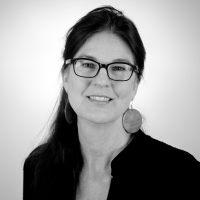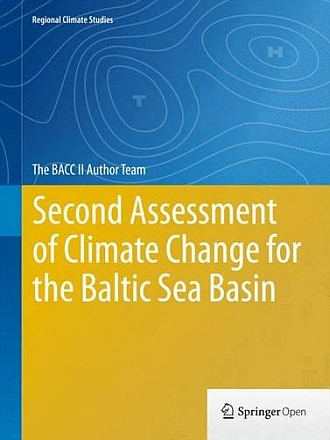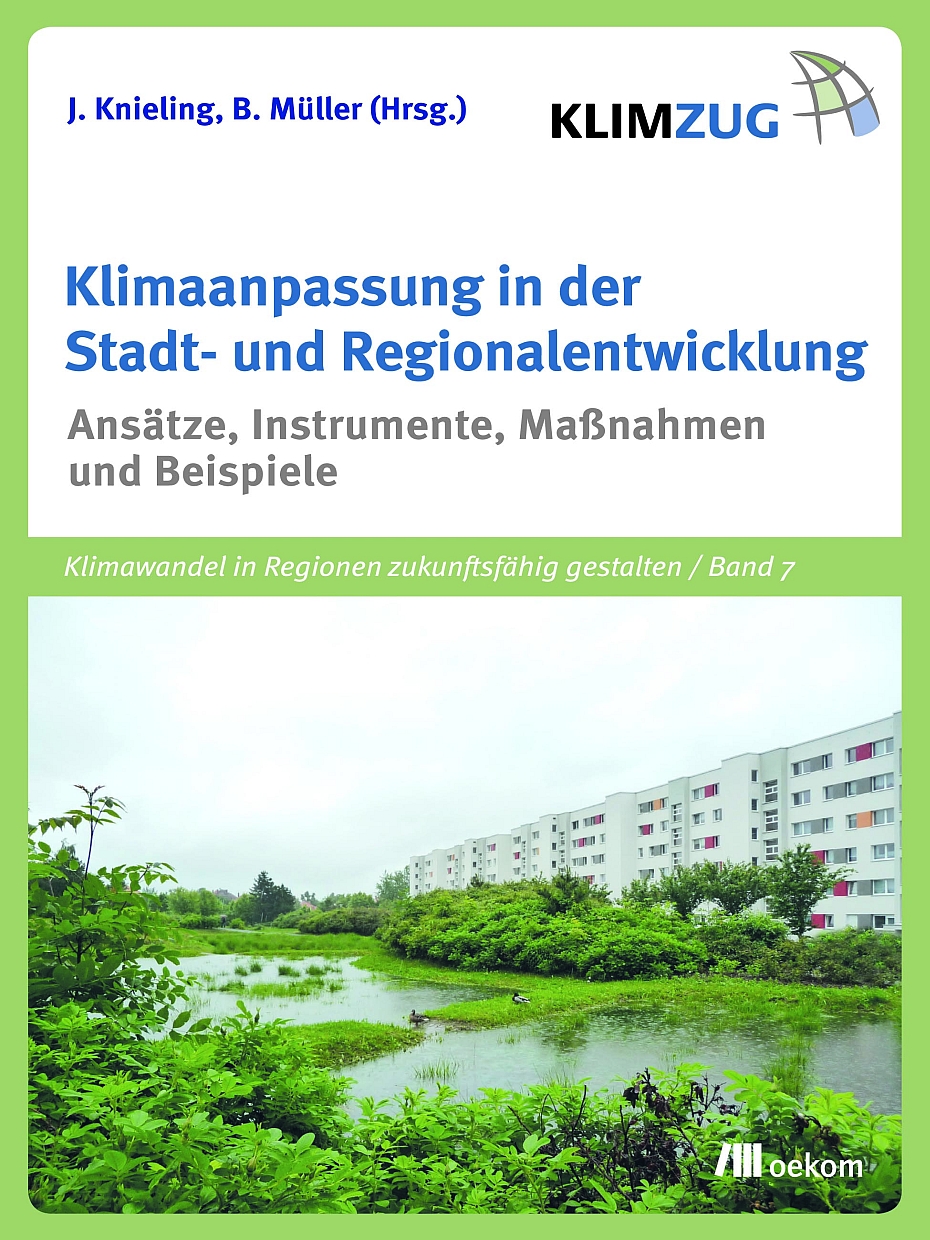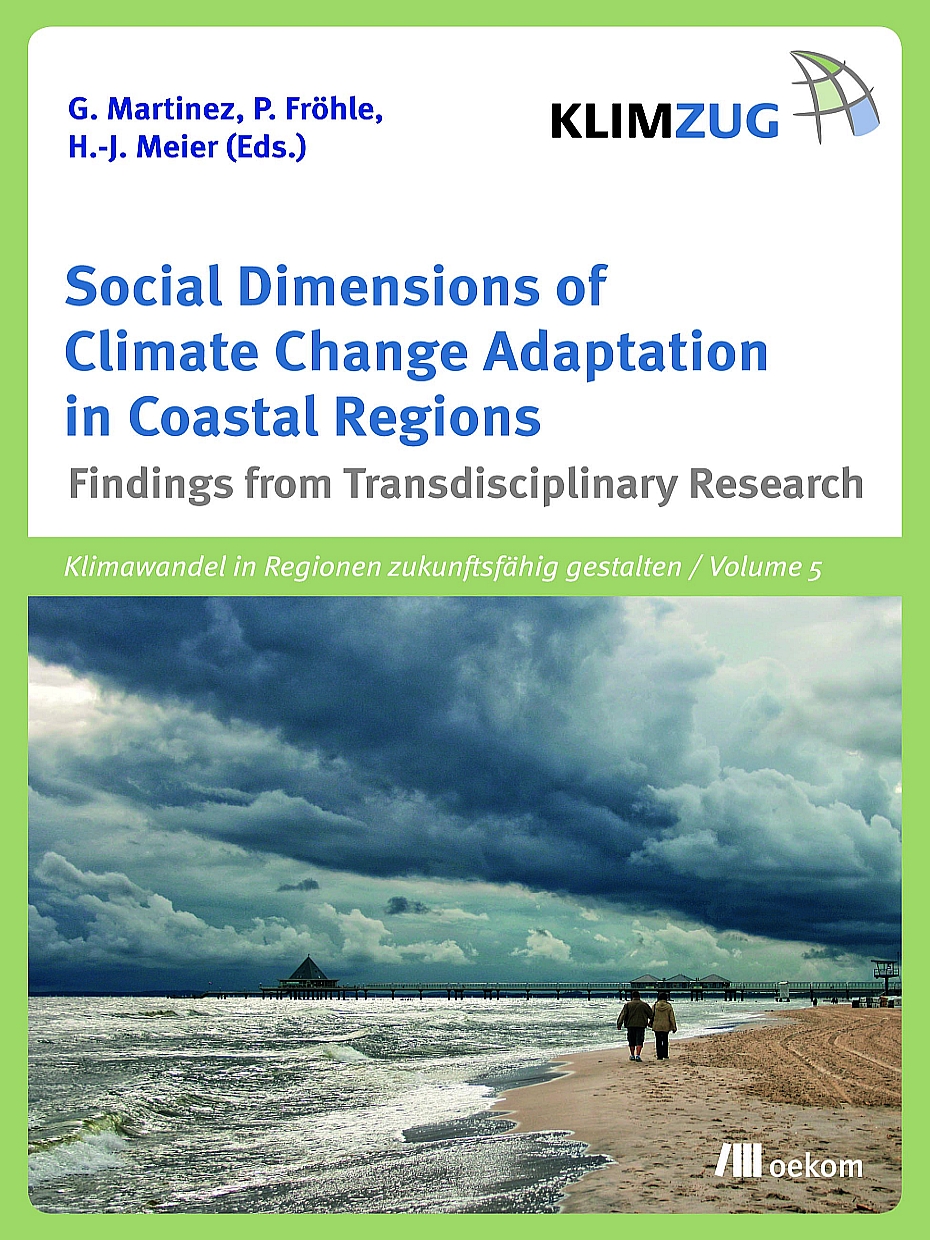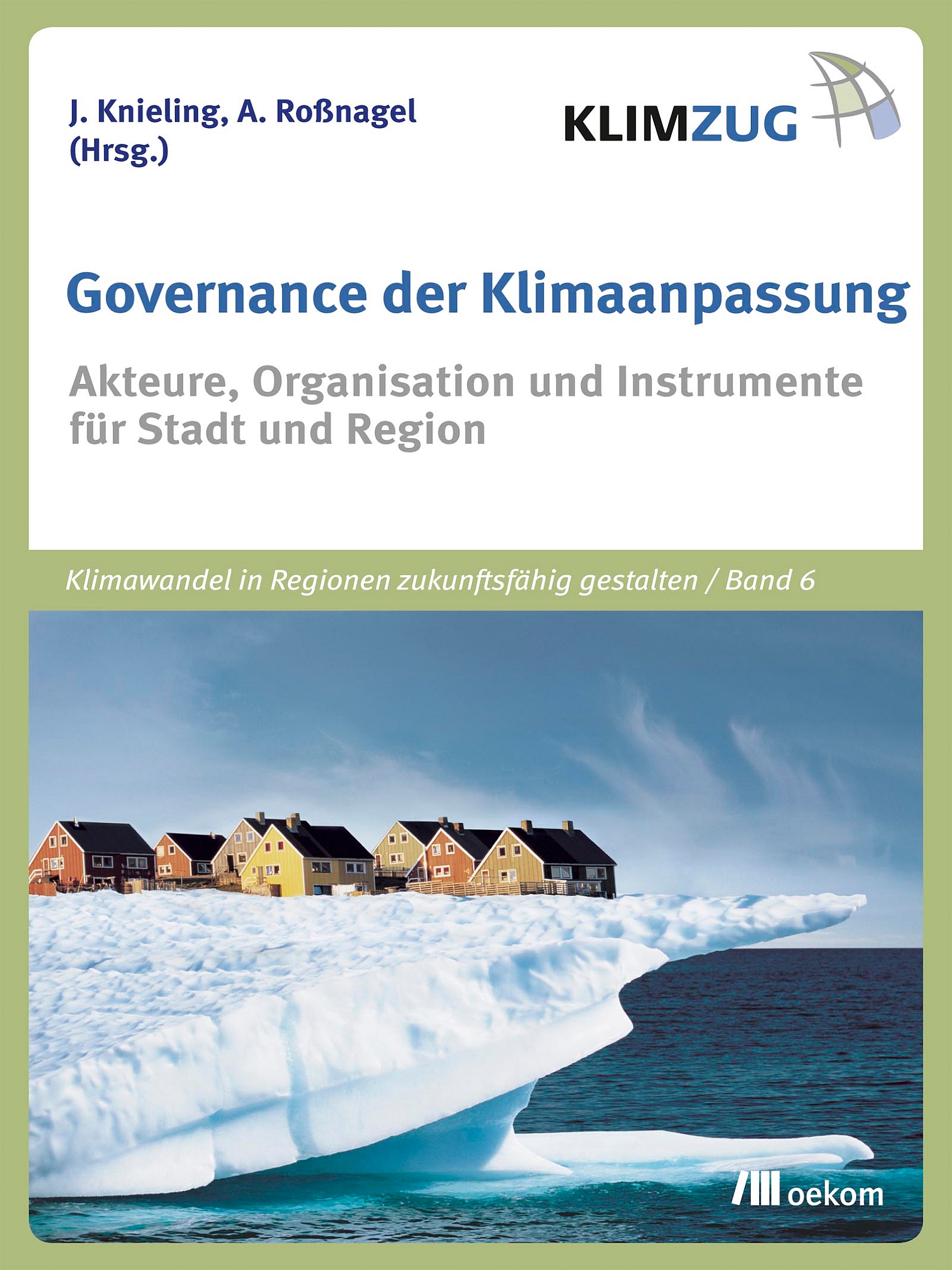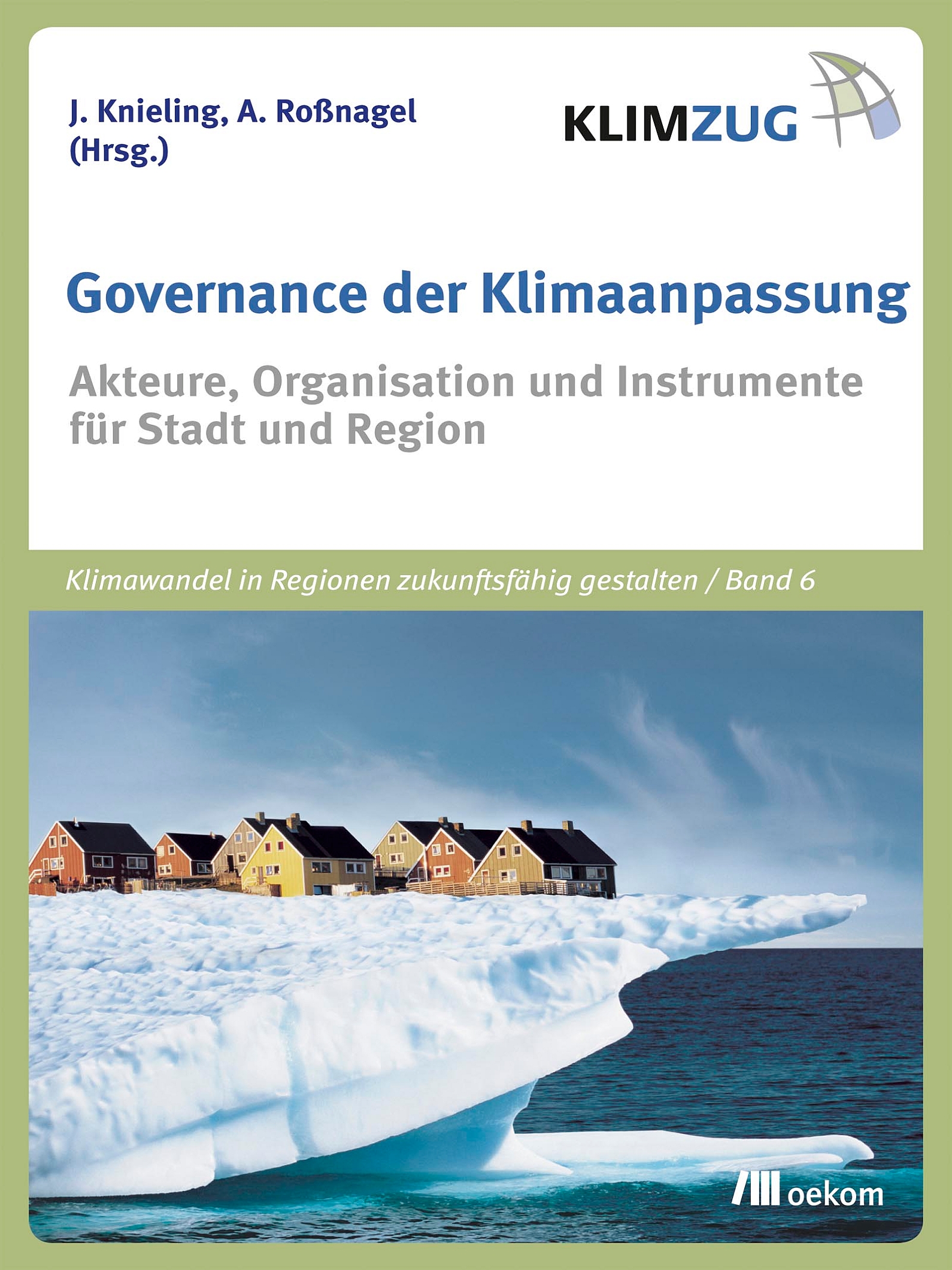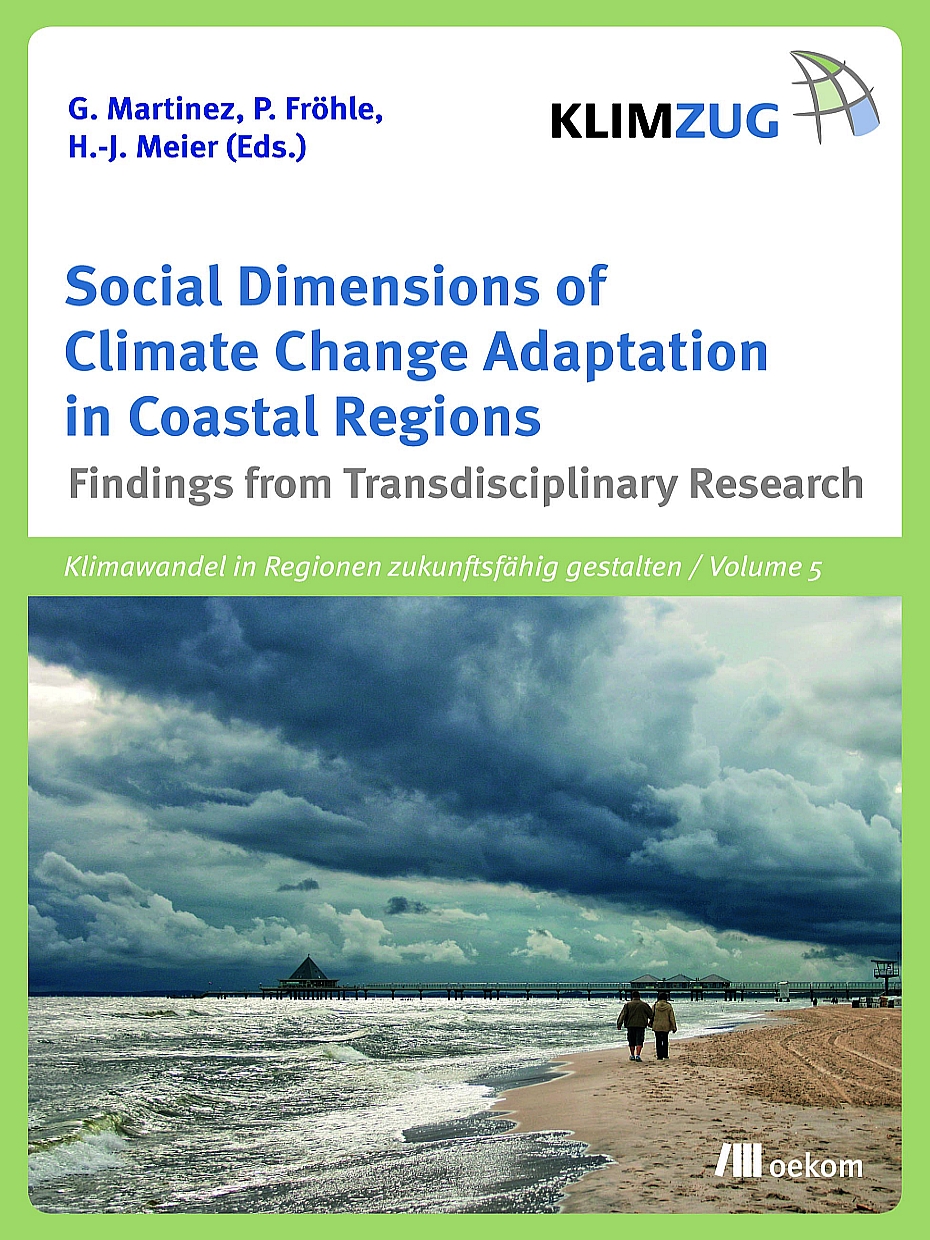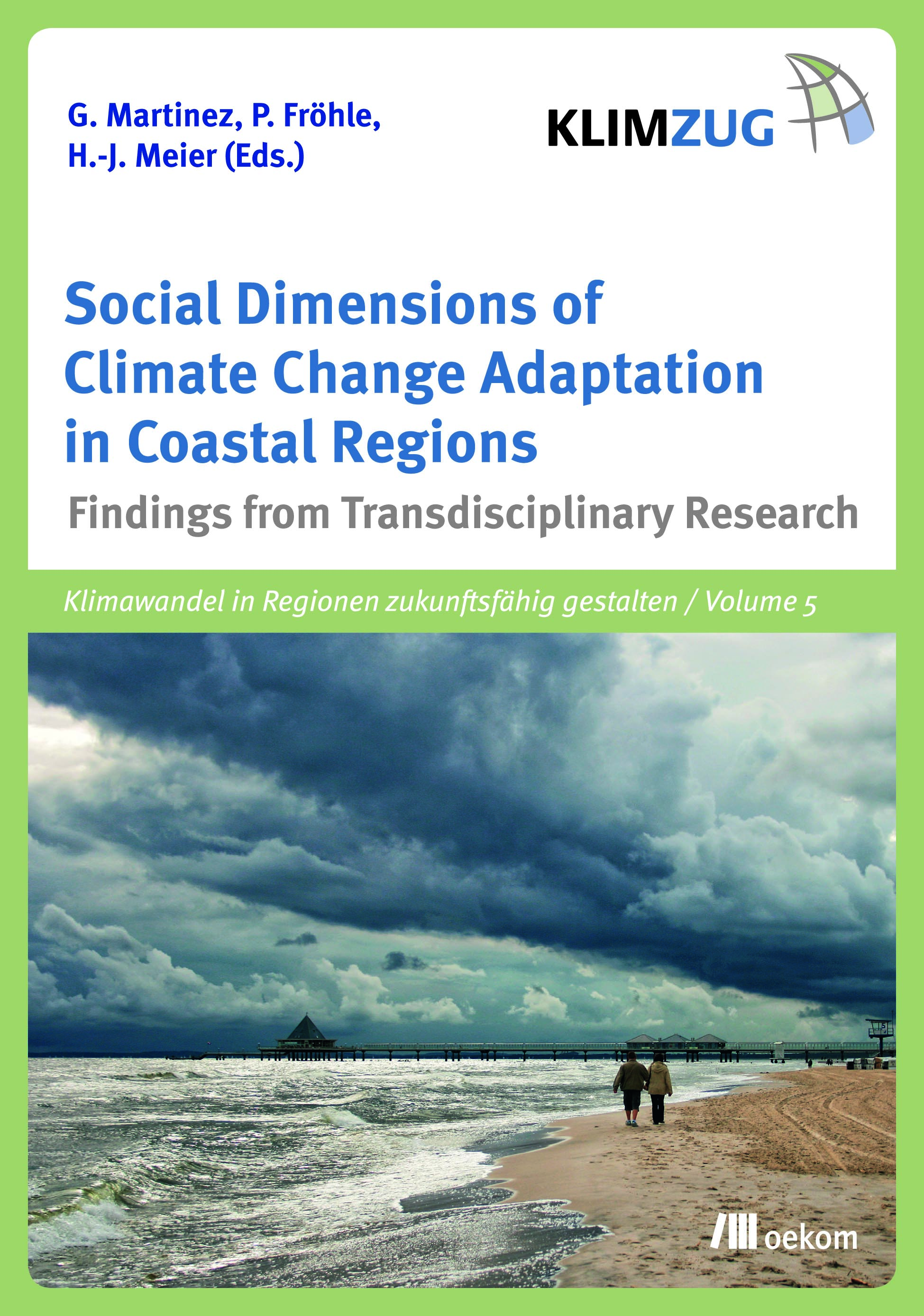Regional Availability of Climate Knowledge in the Baltic Sea Region
- Event
- Date
-
-
- Location
- Berlin and Timmendorfer Beach, Germany
How does the communication between providers of climate data and political decision-makers work? This question was the central point of a three-day workshop held in Berlin and Timmendorfer Beach from 15 to 17 June 2011. Scientists and stakeholders from administrations and political bodies from different Baltic countries first met at Ecologic Institute in Berlin to discuss different aspects of the availability of regional climate facts. The second part of the workshop was held at a local Baltic venue - in Timmendorfer Strand, where a case study on the engagement of local stakeholders was examined.
One particular highlight of the workshop was a dinner hosted at the Swedish Embassy in Berlin.
This workshop was part of the Circum Mare Balticum (CMB) project, funded by the International Bureau of the Federal Ministry of Education and Research. CMB is affiliated with the RADOST-project. The Workshop with around 35 participants was organized by Ecologic Institute in cooperations with the Helmholtz-Center Geesthacht (Germany); the Swedish Meteorological and Hydrological Institute (Sweden) and the Institute of Marine Sciences of the University of Szeczin (Poland). The basic aim of the workshop was to foster an exchange of ideas between climate scientists (as climate services providers) and users of climate data across various countries of the Baltic Sea region. The guiding questions were to what extent existing information tools meet users’ needs and are actually being used by them, what improvements could be made, what benefits could be expected from an enhanced international transfer of concepts and best practices, and in which ways such a transfer could be implemented.
The closing of the first day was a dinner hosted by the Swedish Embassy in Berlin. In a Keynote- Presentation by Prof. Hans von Storch from the Helmholtz Center Geesthacht the term post normality according to the climate science was introduced. It was discussed how the climate science should address the phenomena of post normality.
The second day of the workshop began with two parallel meetings. The one session focused on the climate scientists and what kind of climate information is available and could be available in the near future. The need for more detailed and higher resolution models was discussed. The second session focused on the end-users of climate data and what kind of information they need. A comprehensive way of presenting the date was requested. The main conclusion of the first part of the workshop was the awareness that the scientists need to focus more on second-order impacts and vulnerability. The concern of the end-users about these topics was obvious. Even though there are some approaches to quantify the second order impacts, there is a need for more scientific work. This demand is recognized on the side of the scientists’ and there is broad consensus among scientists and stakeholder that forthcoming scientific work should focus on these topics.
During a field trip, the second part of the workshop focused on a case study about adaptations measures at the German Baltic Sea. The participants of the Workshop went from Berlin to Timmendorfer Beach to hear from local authorities about participatory processes. A study was present, where a new method was tested, to actively involve private persons in the development of a coastal defense plan.
In a synthesis discussion of the workshop, a consensus became obvious, that the results of this workshop should lead to ongoing activities concerning the topic of climate knowledge dissemination. There should be a focus on the eastern countries of the Baltic region. Concerning this, there will be two more workshops held, to examine more deeply the problems but also the possibilities to disseminate climate knowledge to the stakeholders in the different countries.



